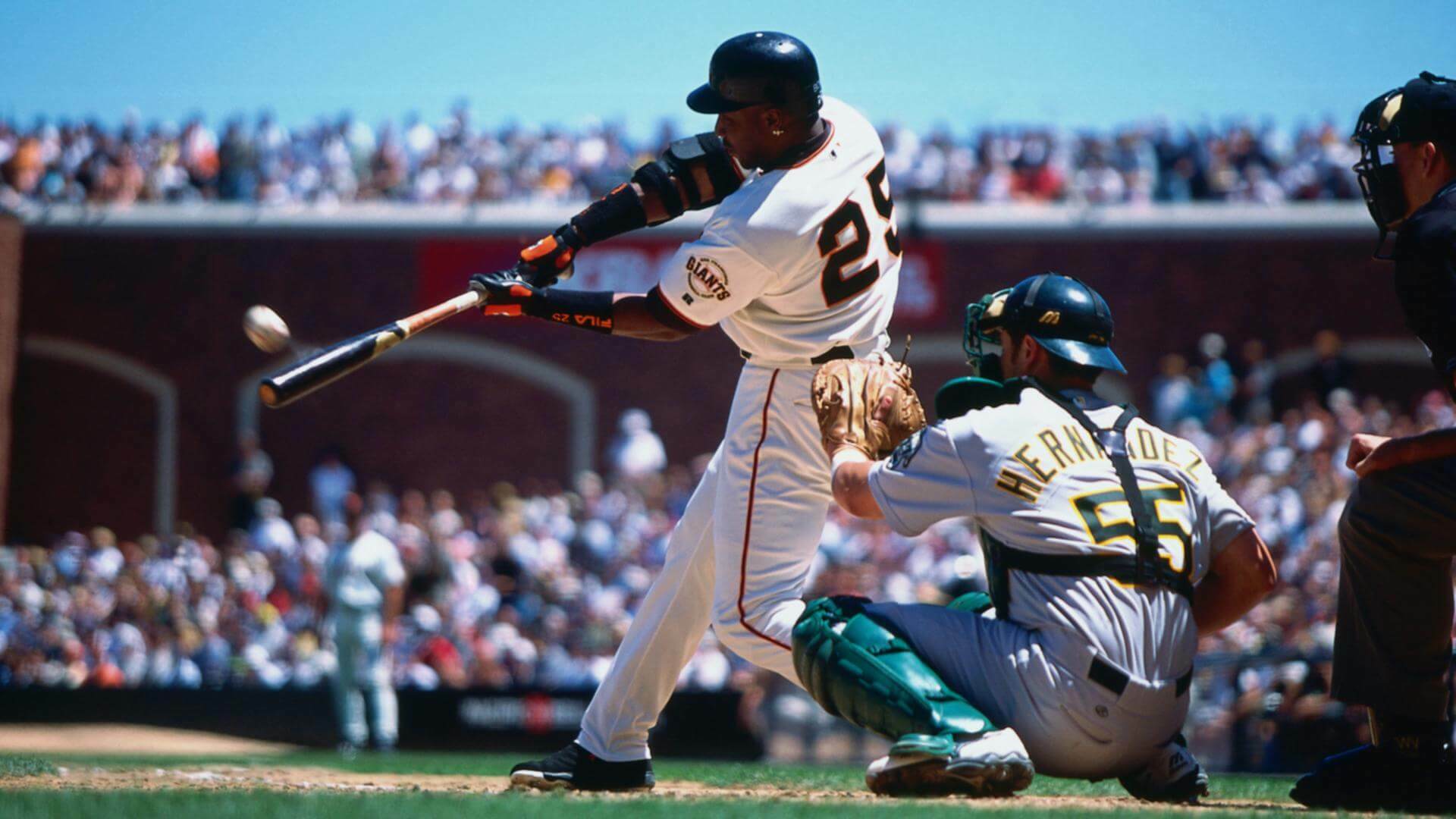Key elements of baseball include:
- Pitching: The pitcher throws the ball to the catcher, aiming to get the batter out.
- Batting: The batter tries to hit the ball into play to advance runners or score runs.
- Fielding: The defensive team attempts to catch the ball and make outs to prevent the opposing team from scoring.
- Base Running: Players on offense run the bases to score runs while avoiding being tagged or forced out.
Why is Baseball Popular in the Global Sports Market?
Baseball’s popularity stems from its unique blend of strategy, athleticism, and cultural significance. Here are some reasons why it has a strong presence in the global sports market:
- Cultural Roots and Tradition:
- Baseball is deeply ingrained in the culture of countries like the United States, Japan, South Korea, and several Latin American nations (e.g., Dominican Republic, Venezuela, Cuba, and Puerto Rico). It is often referred to as “America’s pastime” and has a rich history dating back to the 19th century.
- Global Reach:
- While baseball is most popular in the Americas and East Asia, it has a growing presence in Europe, Australia, and Africa. International tournaments like the World Baseball Classic and the inclusion of baseball in the Olympics (at times) have helped expand its global appeal.
- Strategic Depth:
- Baseball is often compared to a game of chess due to its intricate strategies. Managers and players must make countless decisions, from pitching changes to defensive shifts, making it intellectually engaging for fans.
- Star Power and Iconic Moments:
- Baseball has produced legendary players like Babe Ruth, Jackie Robinson, Ichiro Suzuki, and Shohei Ohtani, whose achievements and personalities captivate fans. Iconic moments, such as walk-off home runs or perfect games, create lasting memories.
- Community and Family Appeal:
- Baseball games are often family-friendly events with a relaxed pace, allowing fans to enjoy the game while socializing. Minor league and local teams also foster community connections.
- Media and Entertainment:
- Baseball has a strong media presence, with televised games, documentaries, and movies (e.g., Field of Dreams, Moneyball) that help popularize the sport. Video games like MLB The Show also engage younger audiences.
- Economic Impact:
- Major League Baseball (MLB) is one of the wealthiest sports leagues globally, with lucrative broadcasting deals, merchandise sales, and sponsorships. This financial success helps promote the sport internationally.
- Youth Development:
- Baseball is widely played at the youth level, with organized leagues like Little League Baseball fostering early interest and skill development. This creates a pipeline of talent and lifelong fans.
- International Competitions:
- Events like the World Baseball Classic and the Caribbean Series showcase the sport’s global talent and foster national pride, drawing attention from fans worldwide.
- Adaptability and Innovation:
- Baseball has evolved to stay relevant, with rule changes (e.g., pitch clock, universal designated hitter) and efforts to speed up the game and attract younger audiences.
While baseball may not have the same global reach as soccer, its unique appeal, cultural significance, and strategic depth have secured its place as a major sport in the global market. Its popularity continues to grow, especially in regions where it is deeply rooted and in emerging markets where it is gaining traction.


















